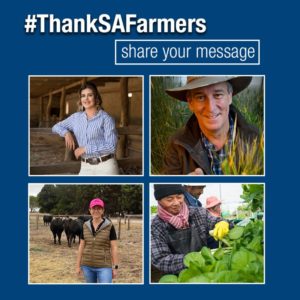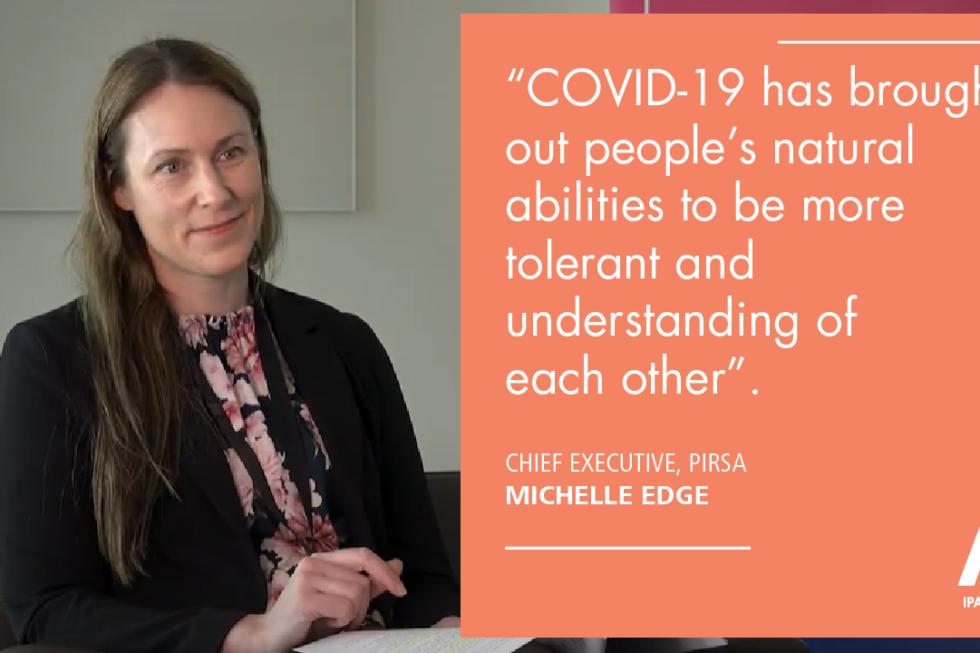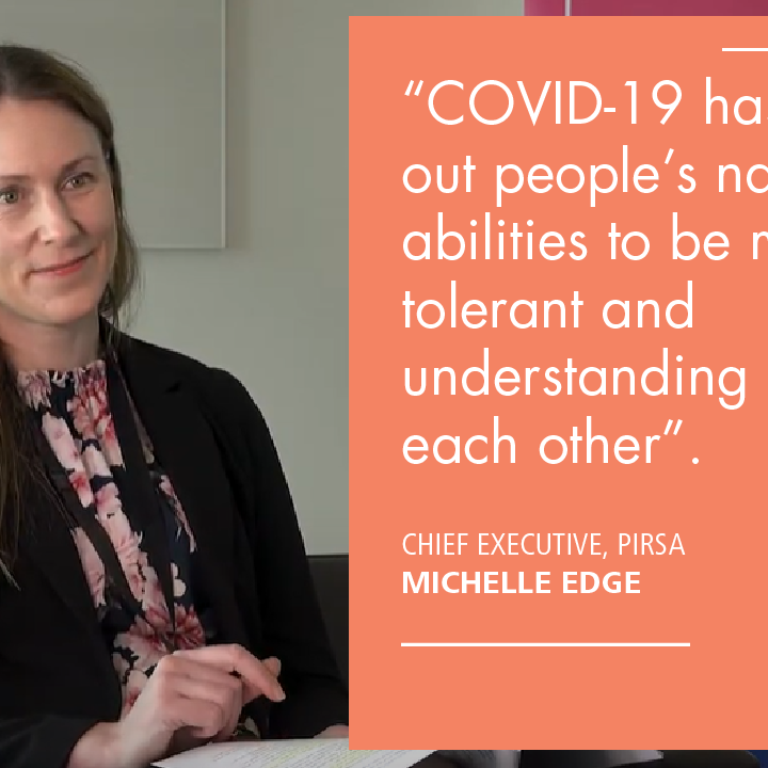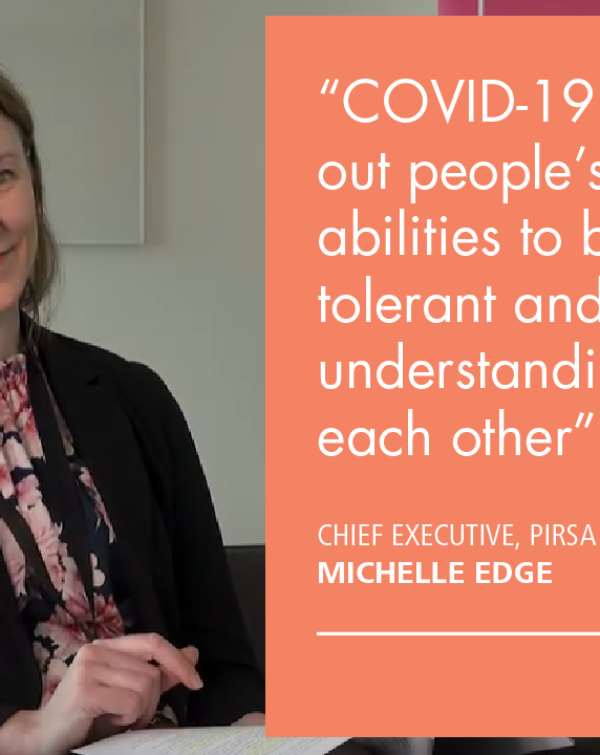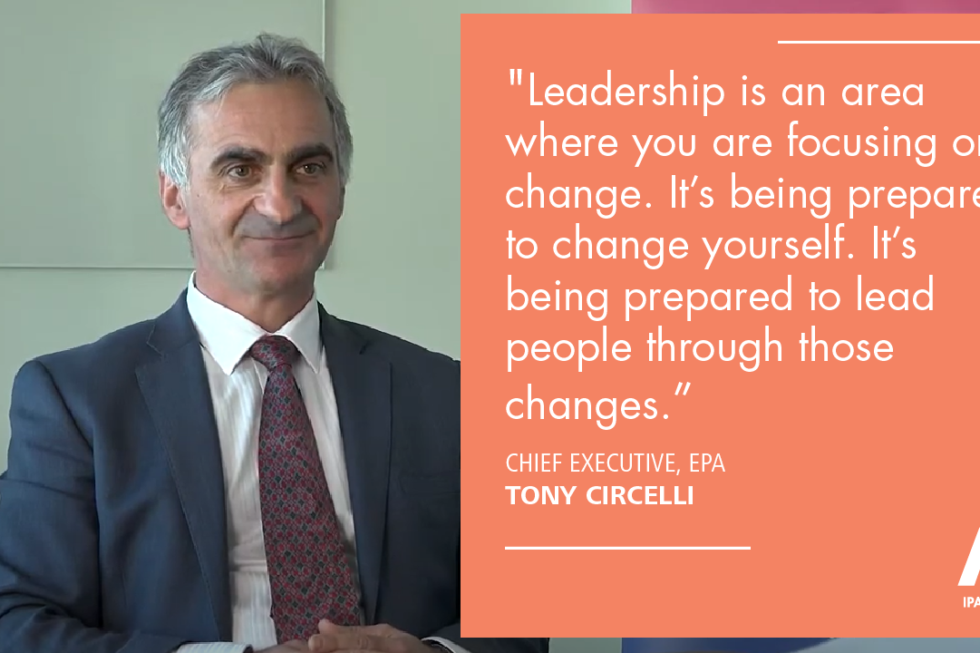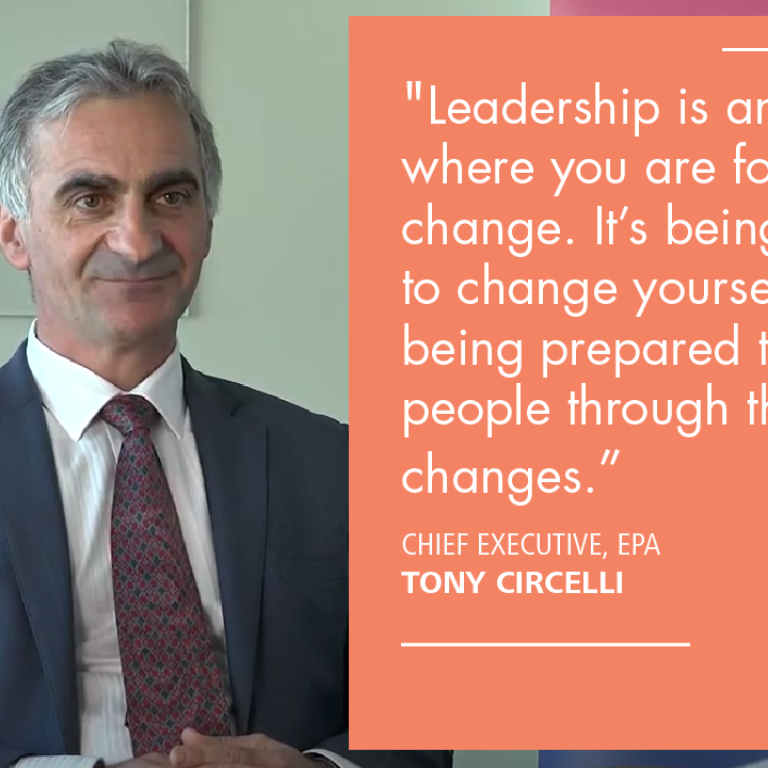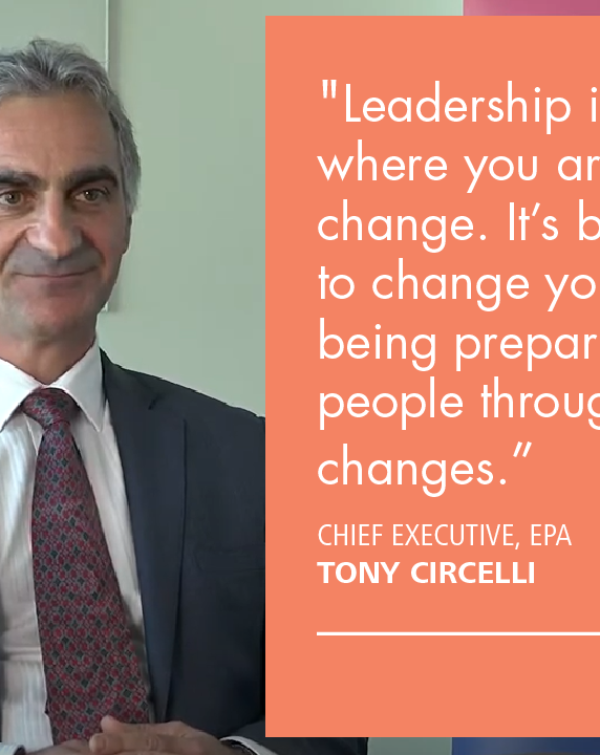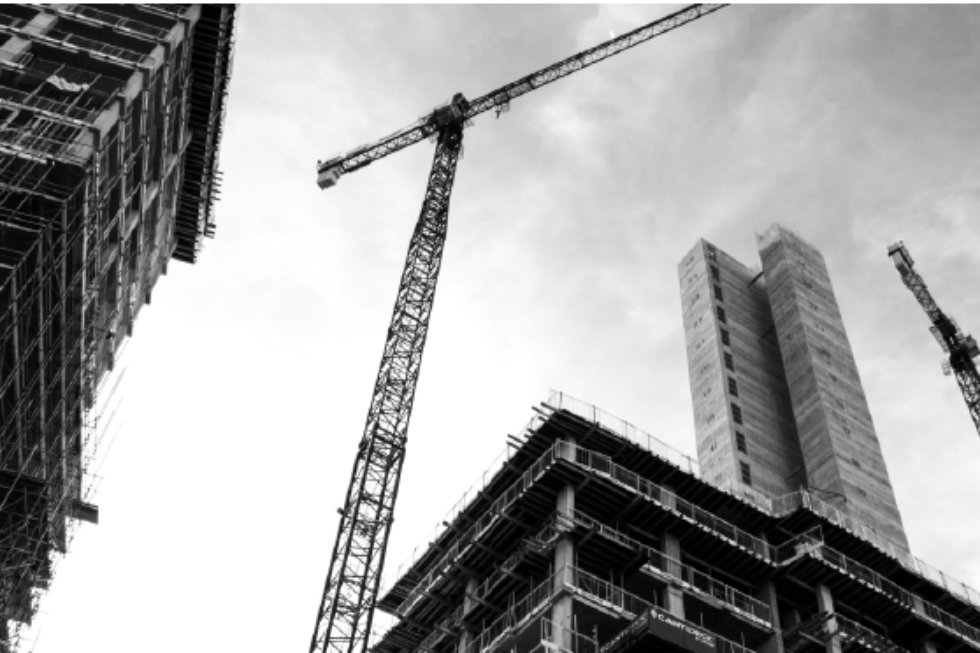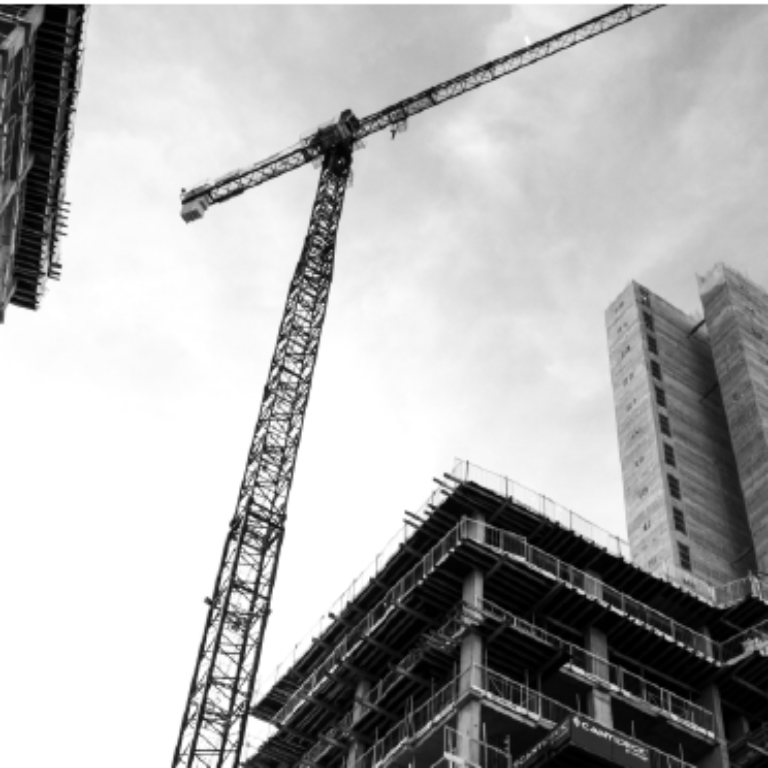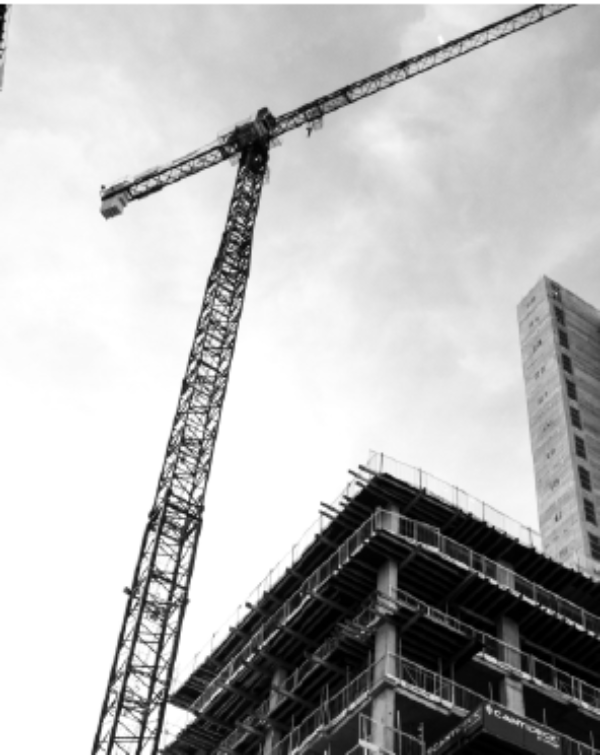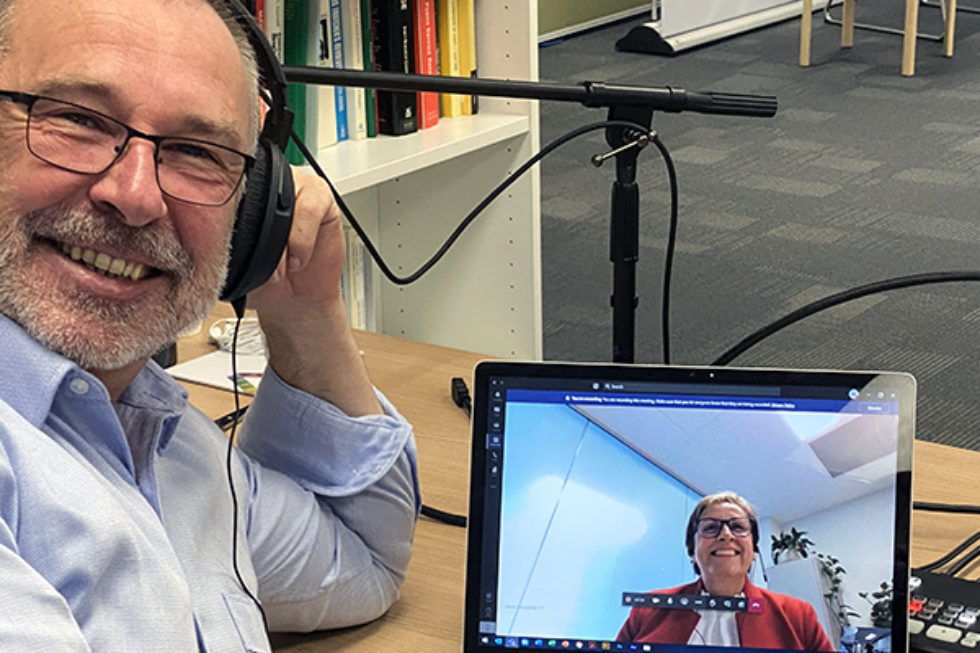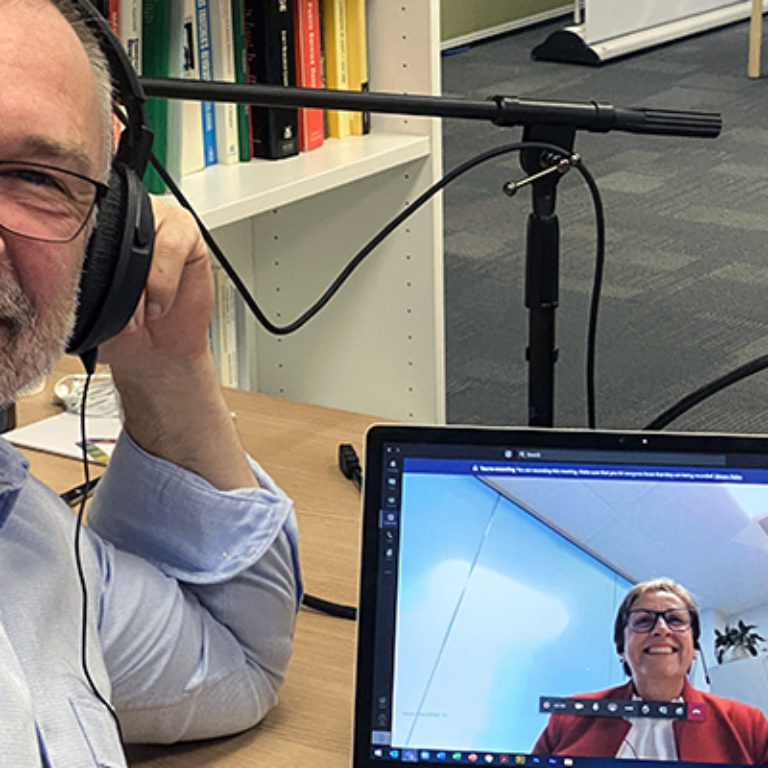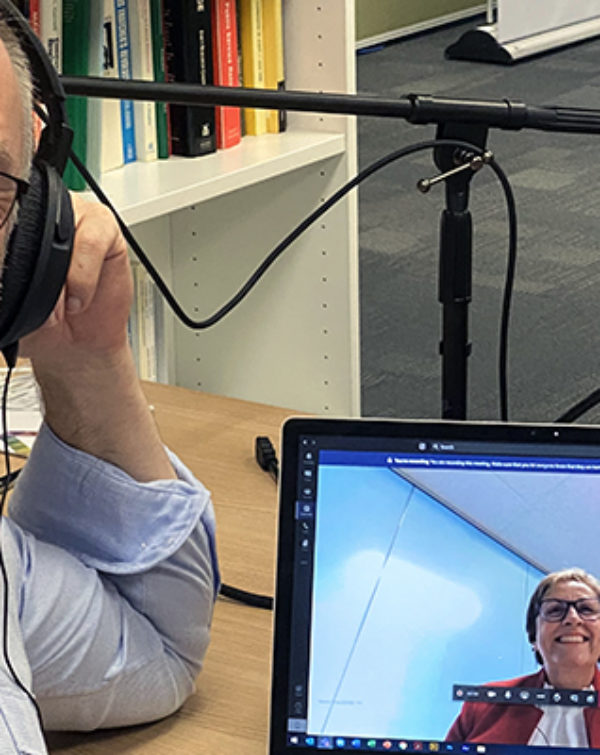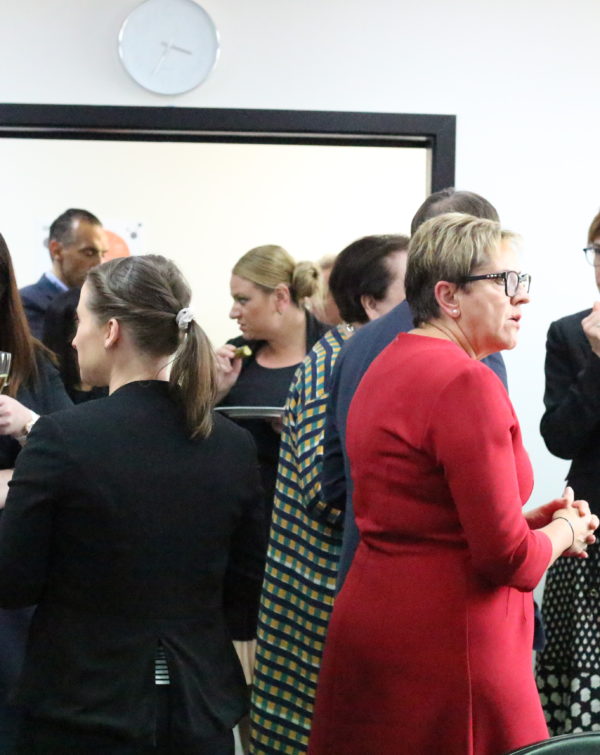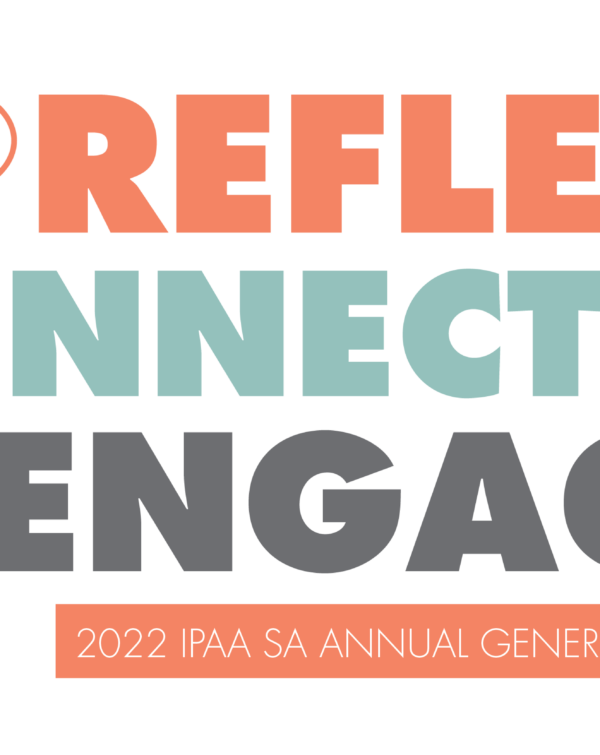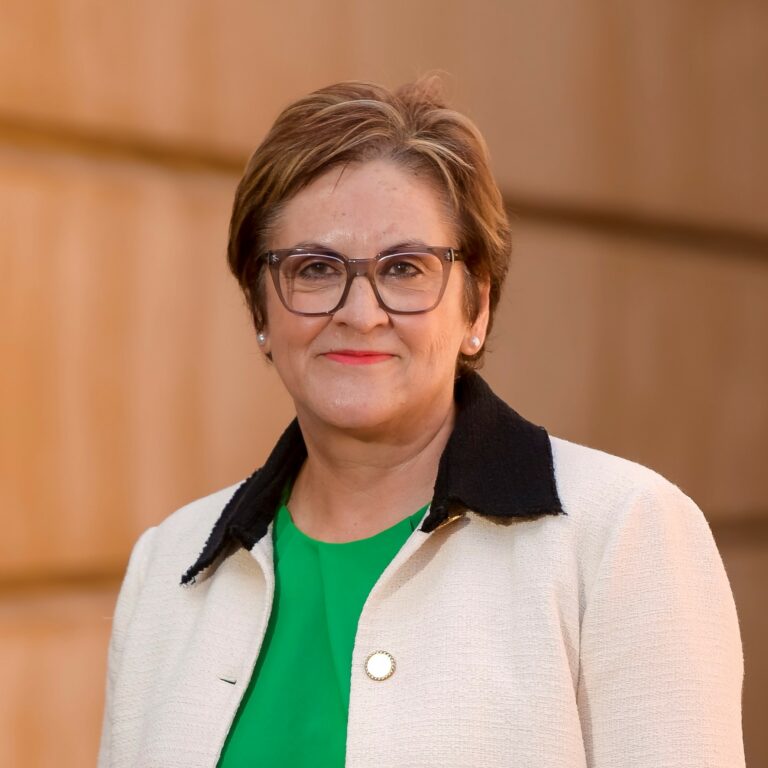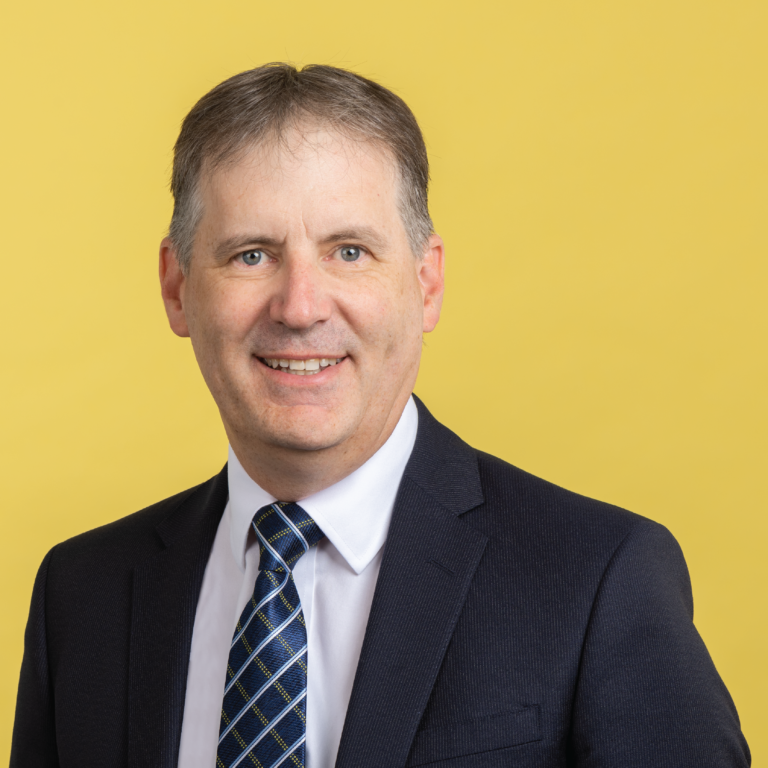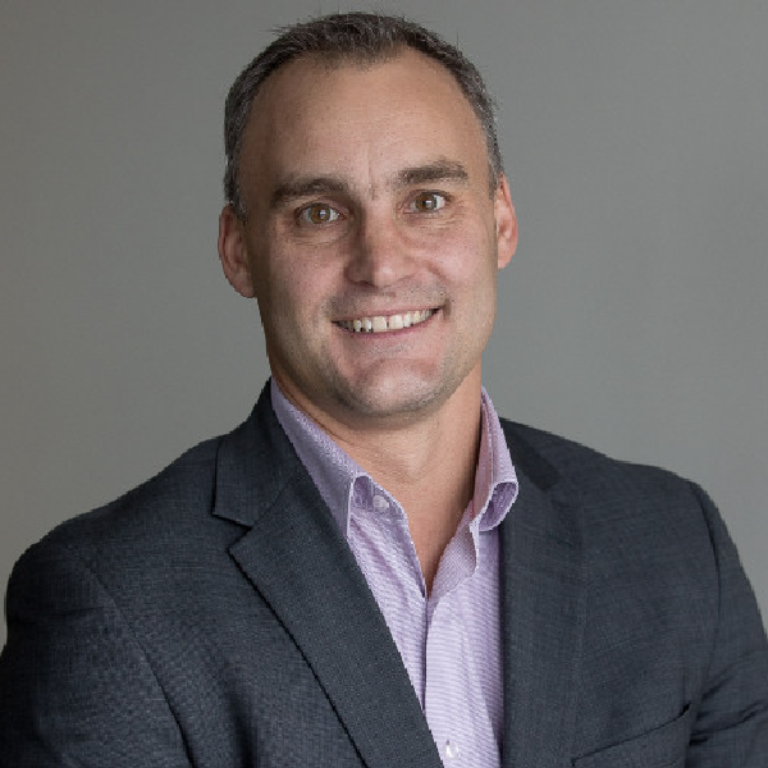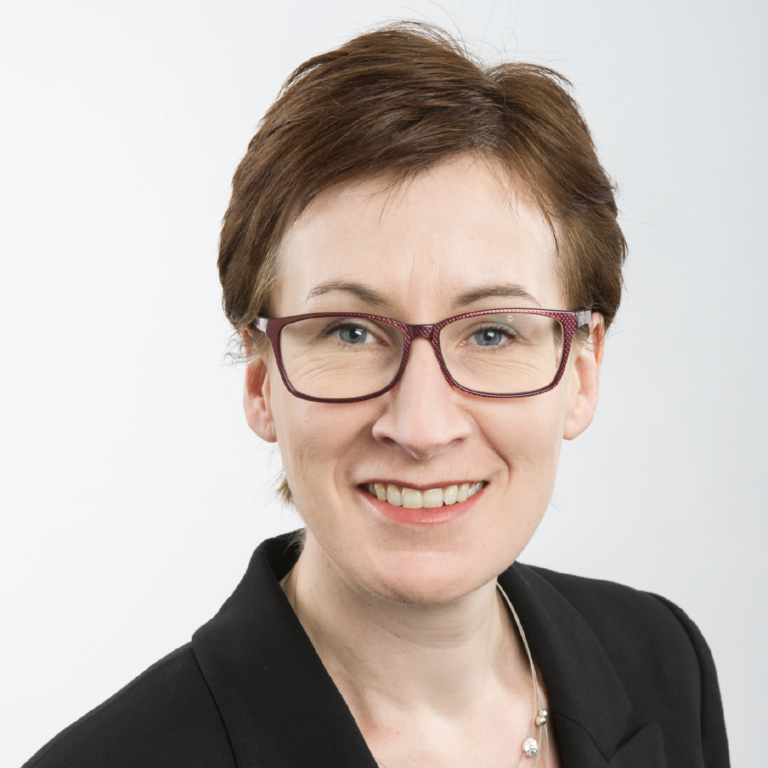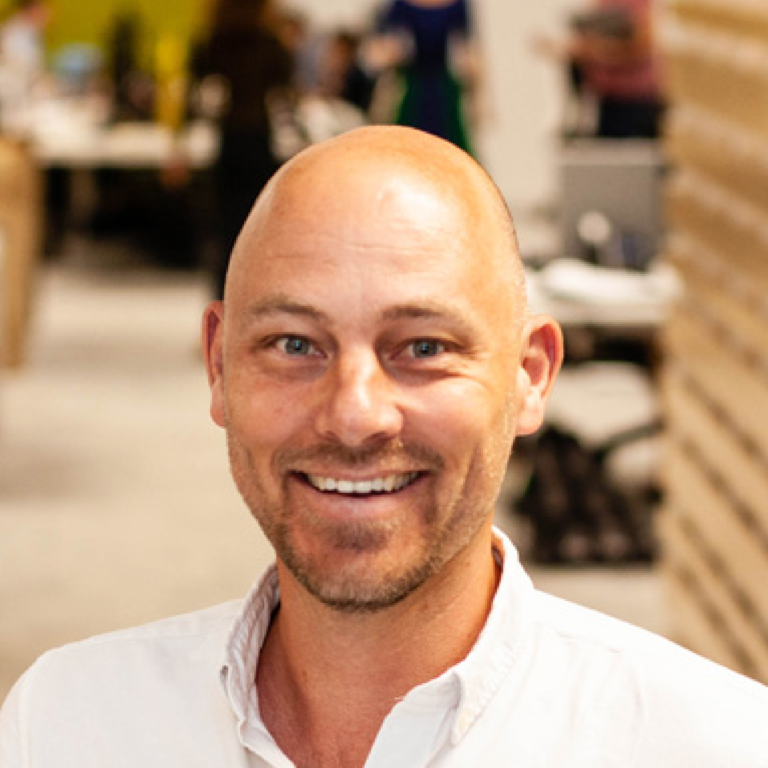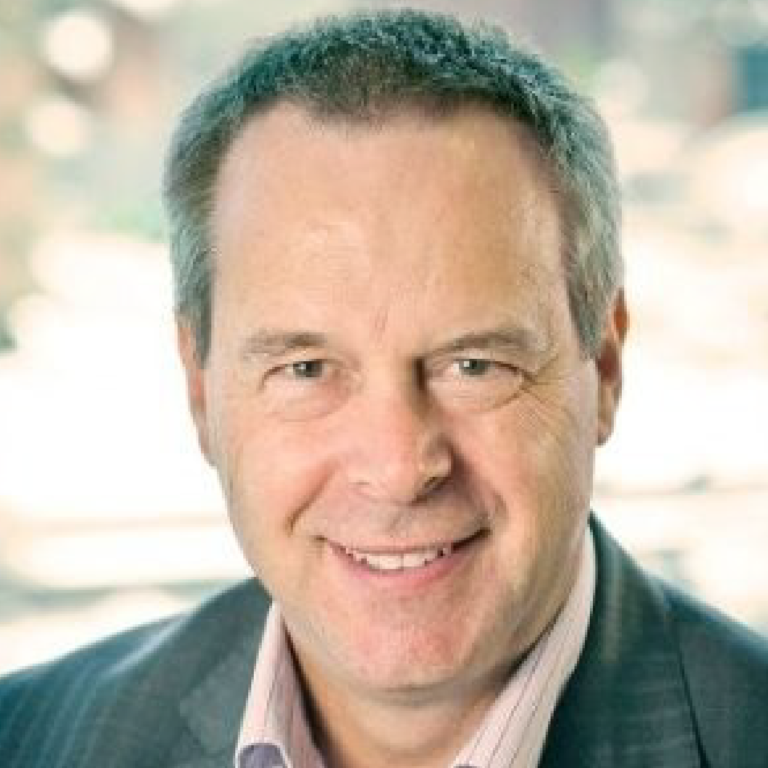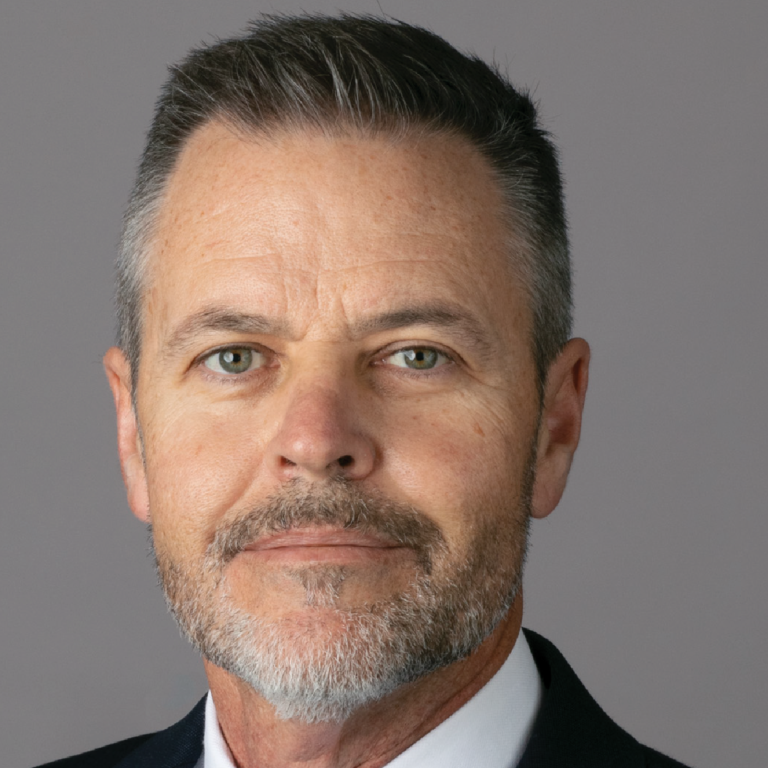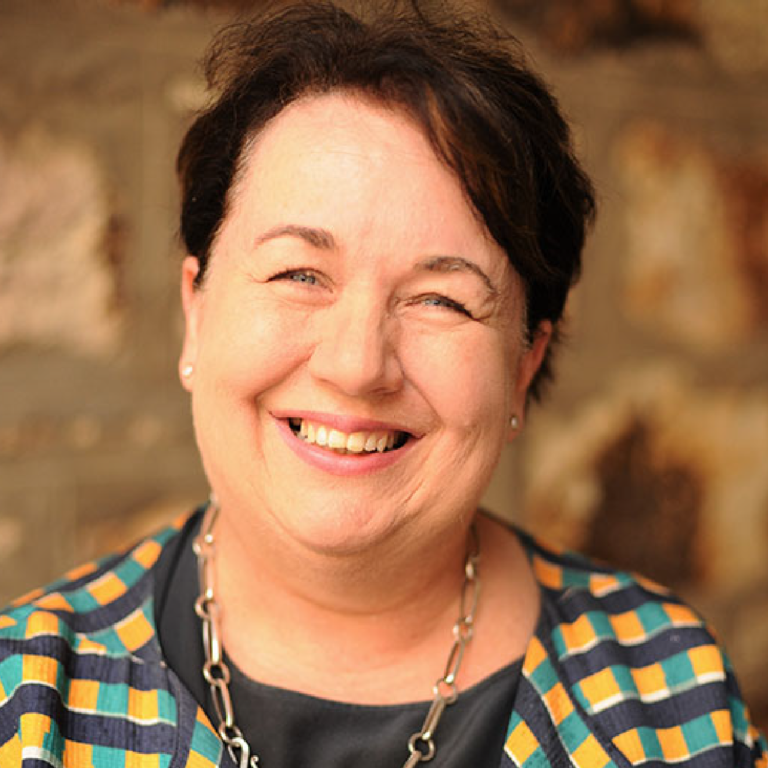- Home
- Graduate/Student
Chief Executive, Primary Industries and Region (PIRSA), Michelle Edge arrived in her new role ‘right in thick of it’ as the COVID-19 pandemic response unfolded. This presented both a number of challenges and opportunities for her department, as Ms Edge hit the ground running to provide leadership and direction during this challenging time.
With a strong background in crisis management from her time and experience in New Zealand, dealing with an outbreak of tuberculosis and an earthquake disaster response, Ms Edge came to SA with a unique perspective and set of capabilities to respond to the challenges her department faced.
Perhaps one of the biggest challenges during this crisis period for Ms Edge and her department was monitoring and responding to how crisis and disaster situations affected their stakeholders. With the recent bushfires and then the subsequent pandemic, the health and wellbeing of the community was at the forefront of planning their response. The importance of business continuity, preparedness and identifying what needed to change and what needed to continue or adapt, was in key consideration during this time, and as we move forward to the recovery phase.
As a leader, Ms Edge faced many challenges, especially coming directly into a new role and team from interstate. Ms Edge highlighted the importance of communication with both her own people and across the industry during a time of uncertainty.
“Letting people know that what they were feeling, others were feeling”
Ms Edge highlights that COVID has brought new opportunities to build more empathetic and positive workplace cultures, which is a change she hopes to see persist in the new normal.
“COVID has brought out people’s natural abilities to be more tolerant and understanding of each other”.
As we move forward, Ms Edge shared that building the skills and capabilities of her department to remain resilient and to care for mental wellbeing will be a strong focus.
Above all, Ms Edge praised her department and teams for their ability to react adaptively to this crisis. The preparedness of her team to meet the challenges of different scenarios, such as bushfires, disease outbreaks and pandemics was vital in both the initial response to the pandemic and bushfires of 2020, and has reinforced “the value of preparedness exercises”. In the coming bush fire season, Ms Edge has put renewed focus on using the lessons, of what has ultimately been a very challenging year, to increase our bushfire preparedness and apply new learning from experience and the outcomes of the royal commission.
#ThankSAFarmers
Agriculture and farming have keenly felt the impact of COVID-19. Ms Edge and her department are calling for everyone to show their support towards our farmers, who are busy putting food on our tables, and join in the #ThankSAFarmers movement. To take part all you need to do is share your thankyou message to our farmers on Instagram, Facebook, Twitter or LinkedIn with #ThankSAFarmers.
In this interview, Ms Edge answered the following questions…
- How to did it feel to be new to the State and the CE Role in PIRSA amidst a pandemic?
- How did the border closures feel to you on a personal level?
- What has been the biggest challenges for your agency during this crisis?
- What were some of the most important things you did to respond?
- Looking after each other will be an important part of how teams, workforces and communities get through the next few months, what advice would you give to those leading teams at the moment?
- How did you respond to leading a team that you had never worked with before?
- Communication has proven to be key during these times of uncertainty. How have you worked with your leadership team to ensure information is shared in real time throughout the department, and the community?
- How do you equate the challenges of this pandemic with the scale of rebuilding [after the earthquakes] in New Zealand?
- What do you think we can capture to build a new normal?
- How has the lack of backpackers and seasonal workers impacted the farming industry?
- How has the situation changed for international and interstate exporters? What had to change here and what is still impacted?
- How prepared do you think your department was for this emergency? Did you already know how you would react?
- What are your key strategic focus areas for economic growth for South Australia?
Ready to expand your capabilities?
As Ms Edge mentions, building the resilience of you and your team, as well as honing your skills in communication and adaptive leadership is more important than ever. Explore the upcoming training and development for these skills areas below…


